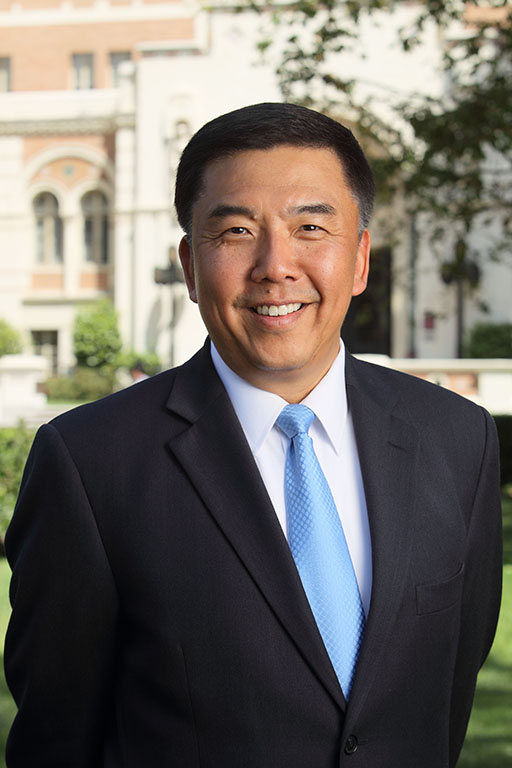
New findings about how cell signaling directs tongue development may have big clinical applications for healing tongue defects, according to an Ostrow School of Dentistry of USC study published in The Journal of Biological Chemistry.
According to Professor Yang Chai, the study’s principal investigator and director of the Center for Craniofacial Molecular Biology at the Ostrow School, the tongue is a very unique, highly mobile muscular organ that many view as a “fifth limb.” When the tongue develops improperly or is damaged by injury or disease, it cannot regenerate on its own.
“The current standard of care is to repair the tongue surgically using a skin flap, but it doesn’t have the muscle components to move the tongue and lacks the ability to taste food,” Chai said. “We want to understand how the tongue is formed and how we can use that knowledge to regenerate the tongue.”
A specialized group of cranial neural crest (CNC) cells are responsible for the growth of many aspects of the mouth and face as an embryo develops. The CNC cells not only form a scaffold of connective tissue for new tongue muscle cells but also secrete necessary growth factors, including transforming growth factor beta (TGFb).
Using mouse tissue as an experimental model, the study showed that a mutation in TGFb causes the growth factor to trigger an abnormal cascade of cellular signals, resulting in defects such as microglossia, or small tongue, Chai said.
When proper growth factors were reintroduced to the cells, however, malformed tongue muscle cells were rescued and restored. With such striking success in vitro, the next step is to examine the process in a live animal model, Chai said.
“If you want to repair a tongue defect, you could possibly use some of these growth factors to guide the muscle and improve surgical success,” he said.
The study, “Non-canonical transforming growth factor beta (TGFb) signaling in cranial neural crest cells causes tongue muscle developmental defects,” has been honored as a “Paper of the Week,” placing it among the top 2 percent of the more than 6,000 papers published by the journal each year.
